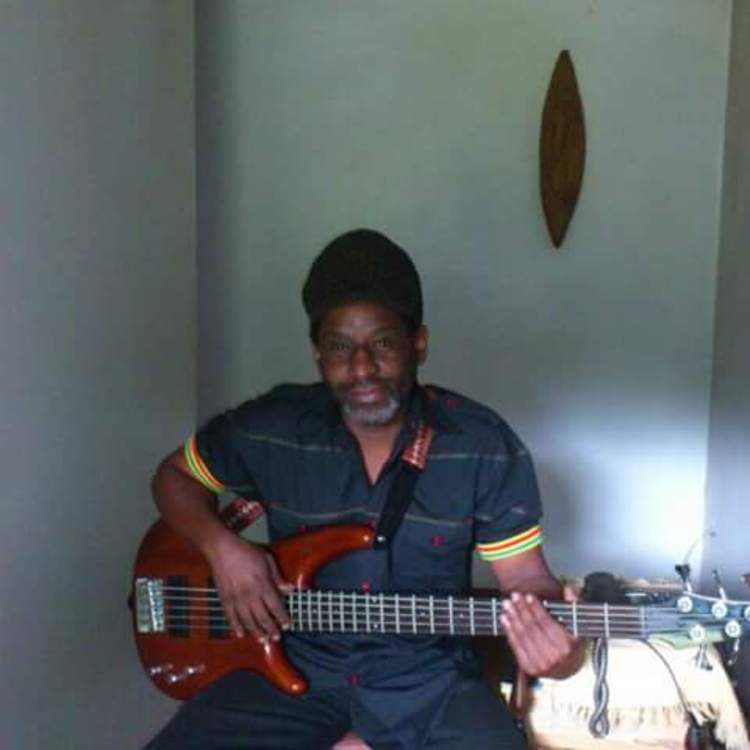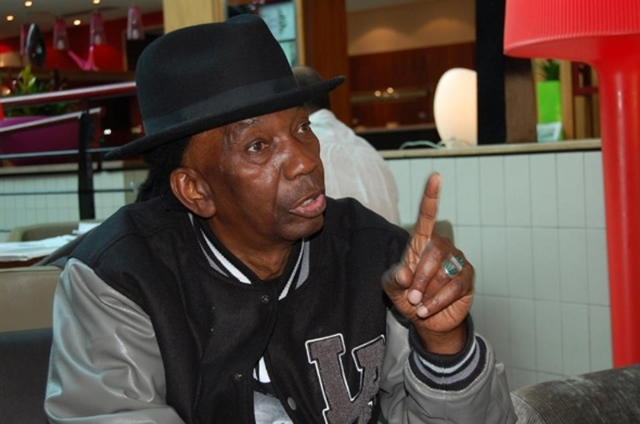Think tanks resolve to advance AU’s Agendas 2030,2063

Lloyd Gumbo in Victoria Falls—
THE third Africa Think Tank Summit ended in Victoria Falls with delegates adopting resolutions for such agencies to play a bigger role in the integration of Agendas 2030 and 2063. In resolutions adopted at the end of the summit, delegates drawn from all four corners of the continent agreed to monitor and evaluate progress of both agendas during implementation to ensure they remained on track.
“The African Union Commission should provide guidelines and toolkits that can promote standardised methods of integration of the global and regional agendas and enhance cross country comparisons of performance,” the summit resolved.
“We reaffirm that think tanks should contribute to the analytical work around the inter-linkages across the global and African Agendas’ goals and targets and identifying the areas of convergence and divergence that need attention.
“We reiterate that successful implementation of Agendas 2063 and 2030 must be supported by the think tanks and underpinned by evidenced-based policy-making, including evaluating the interactions between economic, social and environmental policies through policy simulations, ex-ante and ex-poste impact studies, and compiling the datasets needed for further work in this area.”
The summit also agreed that monitoring and evaluation during implementation of the agendas was of critical importance. They said African countries failed to achieve their developmental goals due to lack of monitoring and evaluation.
“We note the convergence of Agenda 2063 and Agenda 2030 and the importance of building the necessary capacity for their effective implementation. This is because despite over a decade-long history of development planning, many African countries continue to experience challenges in designing, implementing and monitoring their development planning frameworks.
“We also note that think tanks would play a critical role in supporting the continental and global agendas through their support to evidence-based policy design, implementation and monitoring based on their research and analysis; their capacity development activities for state and non-state actors and through their provision of platforms for stakeholder engagement and dialogue and advocacy,” said the summit.
It added: “We therefore reiterate the need for pan African institutions including the Africa Capacity Building Foundation (ACBF), African Union Commission, UN Economic Commission for Africa (UNECA), New Partnership for Africa’s Development (NEPAD), African Development Bank (AfDB) as well as African countries to involve think tanks in their decision making processes through provision of development/economic intelligence around development planning and domesticating of the Agendas.”











Comments